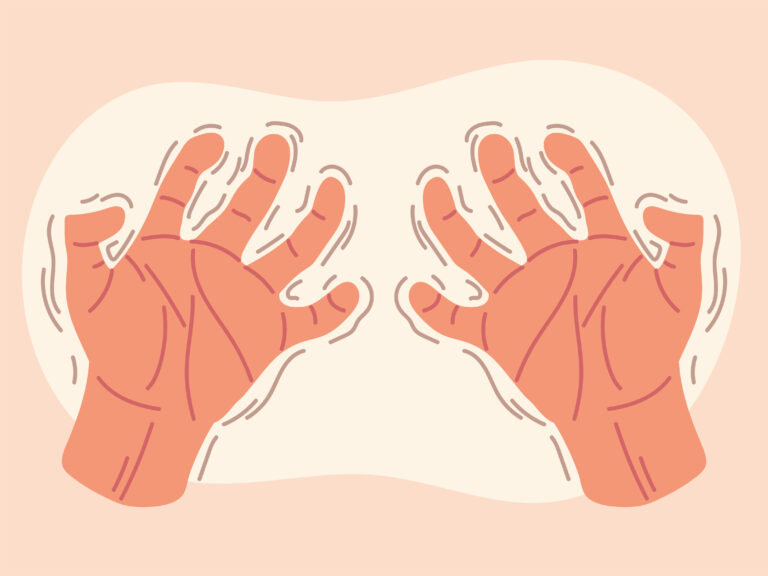When a loved one with dementia hides their possessions, it can be confusing and distressing for family and caregivers. This behavior is common and stems from a combination of emotional, cognitive, and neurological factors related to the disease. Understanding why this happens can help caregivers respond with empathy and practical strategies rather than frustration.
One primary reason people with dementia hide things is a feeling of *insecurity and loss of control*. Dementia affects memory and cognitive functions, making it difficult for individuals to keep track of their belongings. To cope, they may hide items in familiar places where they once stored things earlier in life, such as under mattresses, in dresser drawers, or inside jars. This behavior can give them a sense of safety and control over their environment, which is otherwise confusing and unpredictable[1].
Another factor is *hoarding tendencies*, which are common in dementia. Hoarding involves collecting and hiding items, sometimes food or everyday objects, to create a private supply or collection. This is usually harmless and provides emotional comfort, but it can become problematic if it leads to clutter or unsafe living conditions. The hoarding behavior is often linked to the brain changes caused by dementia, which impair decision-making, organization, and judgment[1][3].
From a neurological perspective, dementia affects the brain areas responsible for memory, executive function, and emotional regulation. This means the person may not remember where they put things or why they hid them. They may also have difficulty understanding or communicating their needs, leading to behaviors like hiding possessions as a way to manage anxiety or confusion[1].
Emotional factors also play a significant role. People with dementia often experience embarrassment, fear, or frustration about their declining abilities. Hiding possessions can be a way to *protect their dignity* or hide their difficulties from others. For example, they might hide items to avoid admitting they forgot something important or to maintain a sense of independence[2]. This behavior is not intentional deception but a coping mechanism for the emotional challenges of dementia.
Additionally, some individuals may hide possessions because they are trying to *hold on to memories or a sense of identity*. Objects can have sentimental value and serve as reminders of their past. Losing these items or not having access to them can increase feelings of loss and confusion, so hiding them is a way to preserve these connections[3].
Caregivers are advised not to confront or correct the person harshly when they hide things, as this can increase anxiety and agitation. Instead, adapting to the behavior by checking usual hiding spots and gently redirecting attention is recommended. Locking cabinets or closets that are not frequently used can limit new hiding places and reduce stress for both the person with dementia and the caregiver[1].
In some cases, hiding possessions may be linked to other behavioral symptoms of dementia, such as aggression or anxiety. The person might hide things as a defensive mechanism or because they feel threatened or confused. Understanding the underlying emotional state can help caregivers respond more effectively, using reassurance and calm communication[1].
In summary, hiding possessions in dementia is a complex behavior rooted in memory loss, cognitive decline, emotional distress, and a need for security. It reflects the person’s struggle to maintain control and dignity in the face of a challenging condition. Recognizing this behavior as a symptom rather than willful misbehavior allows caregivers to provide compassionate support and create a safer, more understanding environment.
—
Sources:
[1] Dementia Care Central, “Dealing with Emotional & Behavioral Problems from Alzheimer’s”
[2] Care Home UK, “Dementia and lying: Is my loved one really lying and why?”
[3] The Supportive Care, “Support Strategies for Seniors With Hoarding Disorder”





